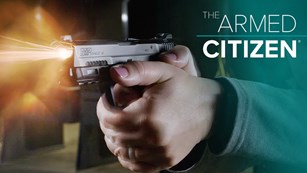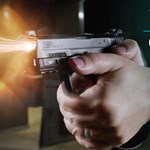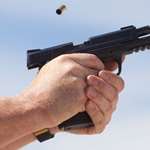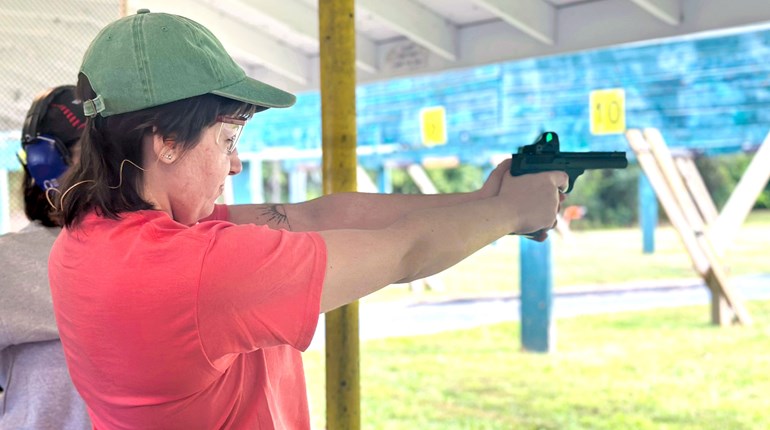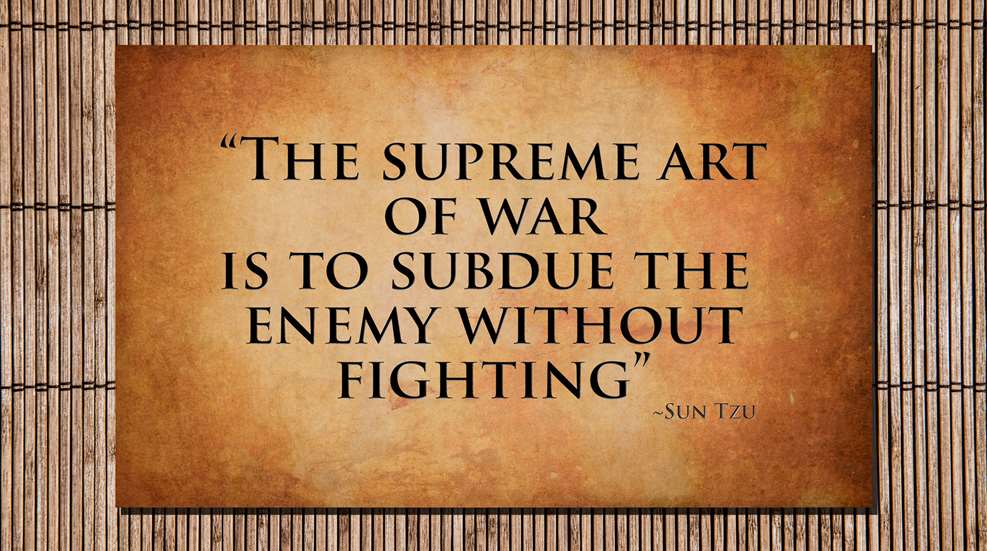
Somewhere around the fifth century BC, Chinese master military strategist Sun Tzu penned what we now know as a book titled The Art of War. Millenia later, we still consider it a master class on warfare and fighting. Sun Tzu (there’s some debate as who he actually was, whether he even existed at all or whether the book is a compilation from multiple authors, but just go with me here) was writing to soldiers and generals, but today, the book is revered by not only military tacticians but also business leaders and anyone who studies strategy and human behavior. And concealed carriers are no exception.
Now, remember that Sun Tzu was writing about war, which is frequently offensive. As concealed carriers, we are most certainly not on offense, so you have to read his work in the proper context and apply it to self-defense appropriately. And, of course, you can interpret many of these quotes in more than one way. Regardless, there are certainly a lot of principles of self-defense we talk about frequently that Sun Tzu stated first (and probably better).
“The wise warrior avoids the battle.”
When he said this, Sun Tzu was stating the most important self-defense rule of all: Avoid trouble if you possibly can. Similarly, he also wrote, “The greatest victory is that which requires no battle.” I say the same thing all the time, albeit less eloquently, when I tell you that the only way to win a gunfight is to not get in one.
On top of that, Sun Tzu also advises, “Be where your enemy is not.” This reminds us that a great way to avoid trouble is to stay away from places where trouble tends to break out and people who tend to cause it.
“The supreme art of war is to subdue the enemy without fighting.”
This is similar to the paragraph above about not getting into a fight, but it takes on additional meaning when you read another Sun Tzu quote: “Build your opponent a golden bridge to retreat across.” Now, you can take that advice to mean different things, but for our purposes, I look at it as a reminder that de-escalation is always preferable to using lethal force, when it’s an option. Modern-day self-defense writers state this in terms of giving a would-be bad guy “a face-saving exit” as a way to let him opt out of violence before it all goes pear-shaped.
“Deep knowledge is to be aware of disturbance before disturbance…”
The quote continues, “…to be aware of danger before danger, to be aware of destruction before destruction, to be aware of calamity before calamity.” No, Sun Tzu wasn’t clairvoyant, but he knew the importance of looking ahead. Today, we call it situational awareness or Condition Yellow—paying attention to what’s going on around you so you can spot trouble while it’s developing before it kicks off.
“To know your enemy, you must become your enemy.”
I’ve written before about how to think like a criminal and why that can be a really important, helpful exercise to enhance your personal safety. When you put yourself in a bad guy’s shoes, you’ll become more aware of potential danger zones. Sun Tzu elaborated on this, writing, “Knowing the enemy enables you to take the offensive; knowing yourself enables you to stand on the defensive.” That part about knowing yourself is all about confidence, and confidence comes from doing (training) so you know what you’re capable of.
“Convince your enemy that he will gain very little by attacking you; this will diminish his enthusiasm.”
In other words, fail the criminal interview.
“Plan for what is difficult while it is easy; do what is great while it is small.”
Sun Tzu knew that preparation is everything; he also wrote, “Every battle is won before it’s ever fought.” This is about forethought and training—just as you wouldn’t march into battle having never fired a gun or swung a sword, you don’t want to rely on your concealed-carry firearm to save your life if you’ve never practiced with it. Train as much as you can.
On a related note, Sun Tzu wrote, “Strategy without tactics is the slowest route to victory. Tactics without strategy is noise before defeat.” This is a simple reminder that you need both the physical skills and the mental ability to mount a successful defense. Speaking of which…
“If the mind is willing, the flesh could go on and on without many things.”
Sun Tzu knew that a warrior mindset is crucial for coming out on top—he also wrote, “You have to believe in yourself.” It doesn’t matter how fast and accurate your shooting is if you don’t have the tenacity to pull the trigger when it’s necessary. In a previous article, I called this capability vs. capacity.
“One may know how to conquer without being able to do it.”
On the other hand, knowledge and mindset will only get you so far. You also have to possess the physical skills to put that knowledge to use. If you spend all your time reading articles and watching videos on self-defense, and never going to the range to actually practice, you personify this Sun Tzu quote about knowing how to conquer without being able to do it.
“Who wishes to fight must first count the cost.”
Self-defense isn’t free, literally and figuratively. If you are ever forced to use your firearm in defense of your life, it will cost you something—maybe money, time (maybe a lot of time), sleep, your reputation, and certainly a tremendous amount of mental and emotional turmoil. That’s not to say it isn’t worth it—obviously we’ve all agreed it is, or we wouldn’t be carrying concealed in the first place. But Sun Tzu knew that before engaging in violence for any reason, it is important to ask ourselves the hard moral questions and go in with our eyes wide open regarding the potential consequences.
—Jo Deering










